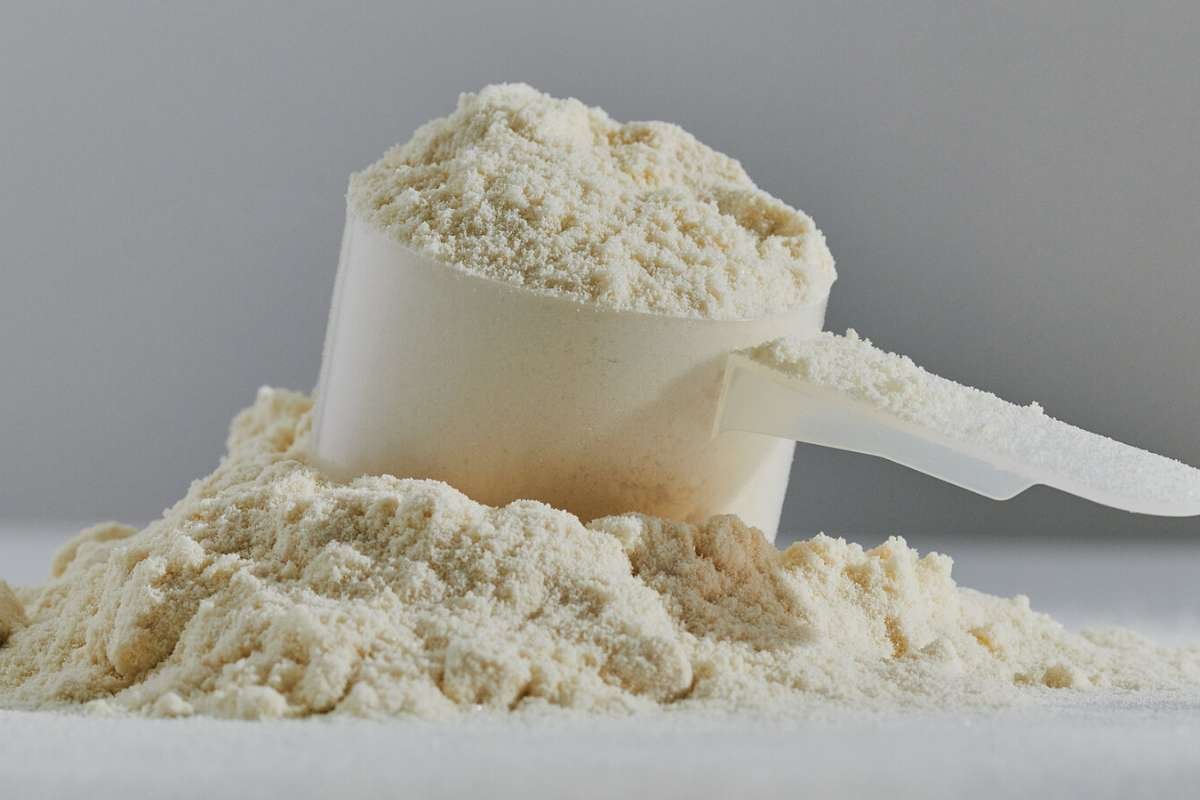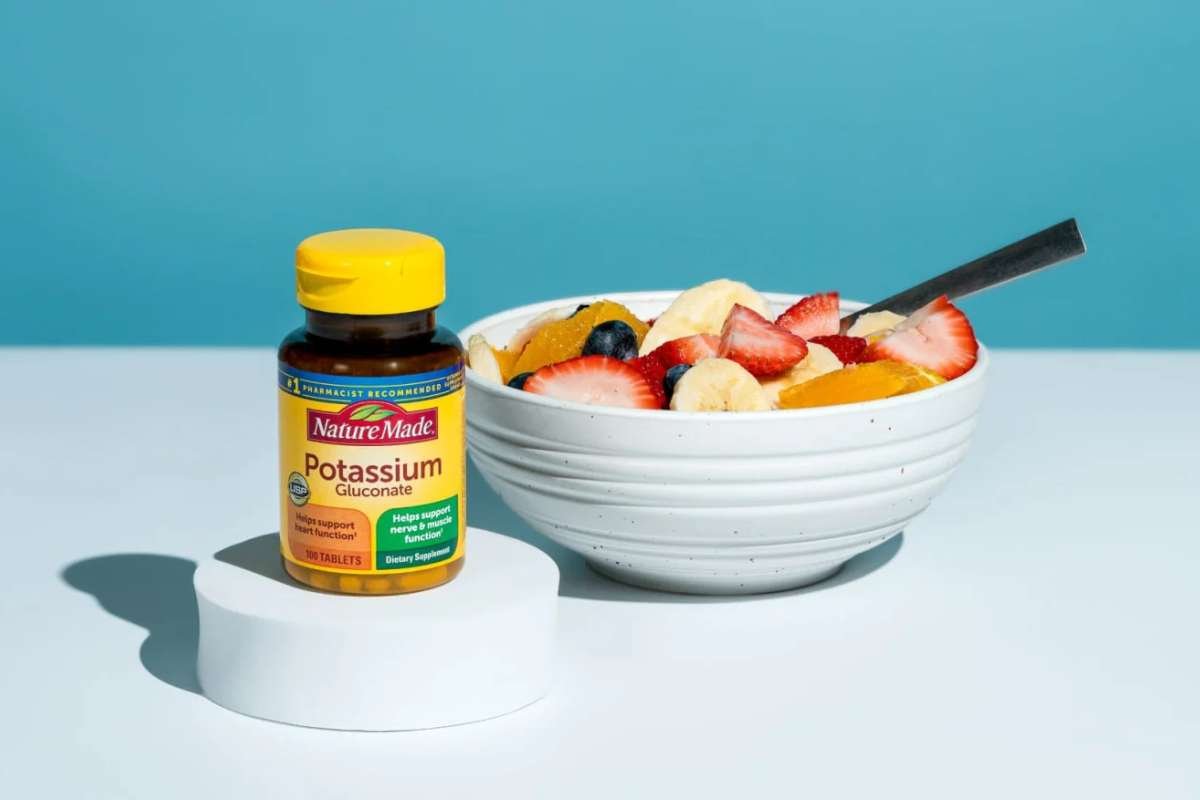Key Points:
- Many protein powders contain unsafe lead levels.
- No FDA safety checks for supplements.
- Experts advise natural protein sources.
More than two-thirds of protein powders tested by Consumer Reports contained lead in protein powders at levels exceeding the watchdog group’s daily safety standards, the nonprofit said Tuesday. The investigation found that average lead levels in these products have increased compared to similar tests conducted 15 years ago.
Of 23 protein powders tested, more than 15 contained more lead in a single serving than Consumer Reports considers safe. The group recommends that people consume no more than 0.5 micrograms of lead per day, while the U.S. Food and Drug Administration (FDA) has stated there is no known safe level of lead exposure. Unlike food products, dietary supplements, including protein powders, are not subject to premarket safety review by the FDA.
“Consumers are left at the mercy of the supplement manufacturer,” said Pieter Cohen, an internist and associate professor at Harvard Medical School. “Each supplement manufacturer can decide for themselves whether or not they wish to test for lead. This leads consumers to be in the dark about how much lead in protein powders they are consuming.”
Plant-based powders show higher levels
The report highlighted plant-based protein powders as having higher lead content than animal-based alternatives. Naked Nutrition’s Vegan Mass Gainer and Huel’s Black Edition protein powders contained lead in protein powders levels so high that Consumer Reports advised against their consumption.
“Lead is found in the soil. A bit is in there naturally and a lot more due to human pollution,” Cohen said. “The plants absorb this from the soil, and then it can be consumed in supplements made of plants.”
Two other products—Garden of Life’s Sport Organic Plant-Based Protein and Momentous’ 100% Plant Protein—contained enough lead that Consumer Reports recommended limiting consumption to one serving per week.
In response to the findings, Huel said the safety threshold used by Consumer Reports was “exceptionally conservative.” The company stated its Black Edition powder contained an average of 1.8 micrograms of lead per 90-gram serving, lower than the 6.3 micrograms reported by Consumer Reports. “Huel’s results remain well below recognized safety limits,” the company said.
Garden of Life said all of its products are tested for heavy metals and “the levels are below established food safety thresholds.” Momentous noted that the tested products have been discontinued or are no longer commercially available, and said differences in product size could impact test results.
Naked Nutrition said it had reviewed Consumer Reports’ findings and emphasized that “no heavy metals exceeded FDA reference intake levels” in its products. The company added that the tested product is designed for weight gain and contains a larger serving size than standard protein powders, which may explain the higher lead in protein powders levels.
Rising popularity and health concerns
The report comes as protein supplements remain popular in the U.S. health and wellness market. High-protein foods and supplements are often promoted for weight management, muscle building, and general fitness, although some health experts question whether most people need additional protein from powders.
“Protein has strong tailwinds these days,” Cohen said. “For the most part, this is hype, and people do not need to take protein supplements to be healthy.”
Earlier this year, the FDA issued safety guidelines for lead in baby food, although the rules are not mandatory for manufacturers. Consumer Reports’ study indicates that adults consuming plant-based protein powders may face higher exposure to lead in protein powders levels, which can accumulate in the body and cause health problems over time.
The watchdog group recommends that consumers read labels carefully, monitor serving sizes, and consider limiting use of protein powders with higher lead in protein powders levels. Experts also advise that natural dietary sources of protein, such as dairy, eggs, and legumes, can help meet daily requirements safely.







